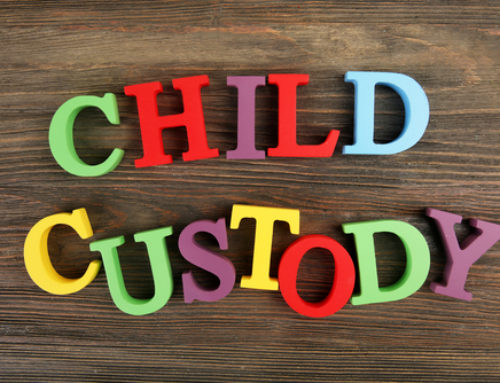Family law is a complex area that involves many difficult and emotional issues, and child custody is one of the most difficult to resolve to everyone’s satisfaction. While child custody problems are usually thought of as following from divorce, they can also arise in other circumstances, including adoption.
On Jan. 4, the U.S. Supreme Court agreed to hear an appeal from a an out-of-state couple who were ordered to turn a child they had been caring for for more than two years over to her biological father on the basis of a federal law. The couple had raised the girl from the time she was born.
The girl’s birth parents separated while the biological mother was pregnant, and her former fiancé renounced all parental rights in a text message. He later changed his mind when he found out that the girl had been put up for adoption. Citing the 1978 Indian Child Welfare Act, he argued that since he is an American Indian, although his former fiancée is not, he was entitled to custody of the child.
The couple caring for the girl argued that they had been raising the girl from birth and were waiting for adoption procedures to be finalized, so they were entitled to custody under state law. Last July, South Carolina’s Supreme Court disagreed with them in a 3-2 decision. One justice said she felt that she had to act within the bounds of the law but cast her vote with a “heavy heart.” The Supreme Court is now expected to rule on the case by the end of June.
Anyone who is involved in a child custody dispute, or has obstacles placed in the way of adopting, should investigate what remedies are available to them under family law.
Source: terra.com, “Supreme Court to hear American Indian adoption case,” Jan. 4, 2013




